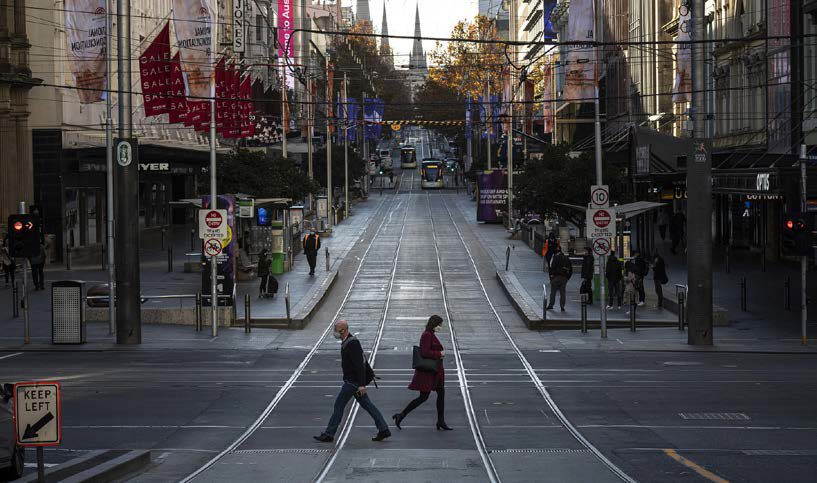The Pandemic and The Opportunity to Embrace Meaningful Policy Change

During the peak of the Global Financial Crisis in 2008, I received a call from the Head of Treasury of a major Australian bank, which was surprising given I was a relatively young executive at an Islamic bank. He had asked me to put him in touch with our head of treasury or equivalent at HQ in Kuwait to see if they would be interested in buying some of their short-term instruments – presumably, to free up liquidity given Lehman had just gone under and the financial markets were at the precipice of collapse, global capital markets were frozen and there was a mad scramble in Australia to fund and maintain the viability of the banks. Even if there was an appetite in Kuwait, the Aussie bank’s instruments were not Shari’a compliant, which highlighted the naivety of the call in the first instance. I would imagine this Australian Treasury executive was looking in desperation for a contingency strategy or he had hoped his bank had some deep relationships in Islamic markets to diversify their funding sources to include Islamic finance rather than looking for a lifeline by cold-calling at the 11th hour.
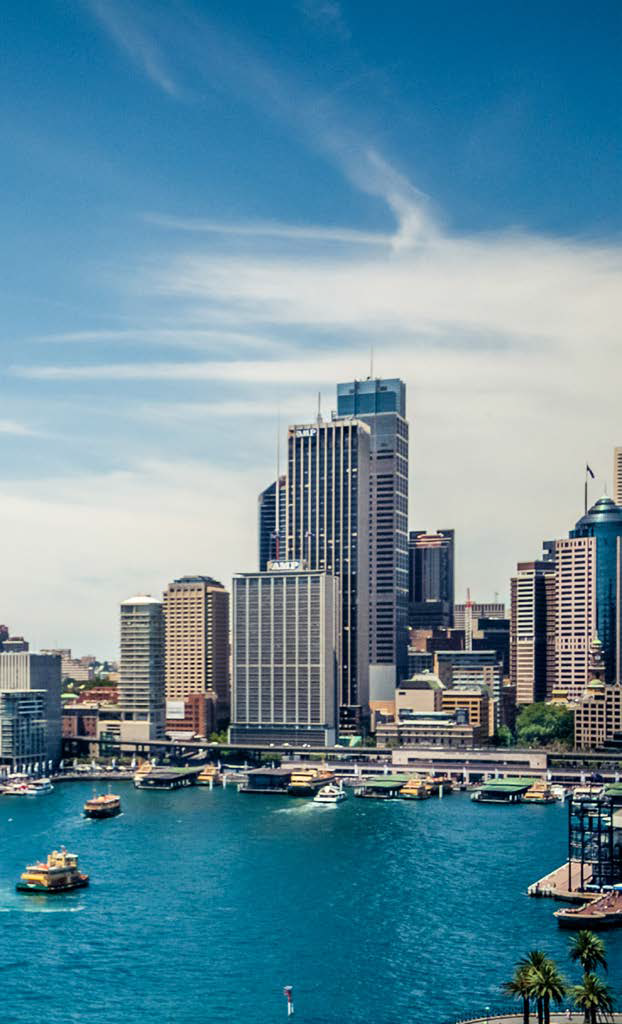

‘’Disappointingly, there has been no legislative response to date and no indication from government that anything would be followed through
The current pandemic is the first major shock to the global economy at the scale of the GFC and more than 18 months into it, I will be reflecting, from an Australian perspective, on its impact on Islamic finance and where we are headed.
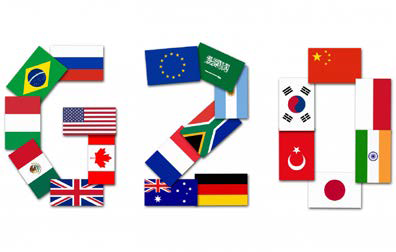
Australia is a modern G20 economy has existed in a paradox where manufacturing and technology have traditionally lagged behind primary production and mining, which are in turn dependent on complex trade relationships with the likes of the U.S and China. Similarly, Islamic finance has a paradoxical place in Australia with diametrically opposing factors that bode equally well for the growth of the industry, but which also explains why success has (to date) remained elusive here. Now, with its borders firmly shut in an attempt to “inoculate” itself from the global pandemic any realisation of that potential in Australia may, in the absence of meaningful intervention, still be years away.
As an immediate response to the GFC, the Australian government, like most of its counterparts, implemented unprecedented financial support to its banks and the RBA applied aggressive monetary policy settings that included a sharp 100 basis point cut in its cash rate. Nevertheless, the immediate fear following the GFC was still palpable and it provided enough impetus for Australia to look at encouraging the Islamic finance industry at the time.
The Australian Government Response to Fostering Islamic Finance With resilient and strong economy rich in real assets and commodities, developed and expanding infrastructures and real estate opportunities while also neighboring some of the largest Muslim populations in the world you would be forgiven for thinking that Australia would be ripe as a destination for Islamic finance. In the aftermath of the GFC, there was a desire within some circles of government to cautiously embrace the development of the industry by removing legislative impediments and nurturing this nascent market. Over the past decade, there have been several wide-ranging Australian government reviews aimed at improving efficiency in the financial markets as well as the architecture of taxation policy to make Australia more attractive to foreign direct investment. These were;
• The Report of the Australian Financial Centre Forum: Australia as a financial center: Building on our strengths (the “Johnson Report”).
• Australia’s Future Tax System Review (the “Henry Review”)
These were broad-ranging government-initiated reviews with a very wide purview. This gave rise to a series of complex legislative and policy responses, a corollary of which were a range of miscellaneous recommendations that included improving the market for Islamic finance in Australia. The work in relation to Islamic finance arising from the Johnson Report and Henry Review manifested itself in 2011 in the Board of Taxation’s report on Islamic finance presented to the then Australian Treasurer and included recommendations on removing legislative impediment to ensure that, wherever possible, Australian taxation laws do not inhibit the expansion of Islamic finance, banking and insurance products. The report having been tabled and the proposals therein accepted in principle by successive bi-partisan governments have since been languishing as it were in the annals of the Commonwealth Treasury.

Disappointingly, there has been no legislative response to date and no indication from the government that anything would be followed through.
The only opaque response was in the 2016 Federal budget where there was a pledge to “enhance access to asset-based financing” by removing key barriers to the use of asset-based financing arrangements imposed by Australia’s current tax laws. Indeed, the industry at the time speculated that the term “asset-based” financing was a reference to Islamic instruments such as sukuk, which are not “asset-backed” like their conventional counterparts. It was later confirmed that this was indeed a reference to the Board of Taxation’s Islamic finance report. However, 5 years later nothing has yet been done.
As a side note, one wonders why the Government could not simply use the adjective “Islamic” instead of “asset-based” finance, but one can only speculate that there may be politically expedient reasons for that!
Islamic Investment in Australia
The past decade, since the various policy reviews has seen activity from Islamic investors by and large transacting in the real estate space. In the absence of legislative reform, the arrangements were largely structured using the Australian tax rulings system to provide certainty of tax treatment on Islamic arrangements, but which are both inefficient and expensive when transacting to a time-sensitive deadline.
A push by the respective state governments, particularly in the densely populated cities of Melbourne and Sydney has seen the easing of high-density residential construction planning requirements. This combined with the demand for Australian property and an exemption from Australian Foreign Investment Board rules, that would otherwise apply to non-citizens on off-the-plan purchasers, saw a construction boom in the CBD of major capital cities which a number of global Islamic banks, investment house and GCC Family Offices participated. Notable participation came from some of Australia’s closest Islamic neighbors, namely Malaysian government-linked investment companies including its Hajj fund, Lembaga Tabung Haji. Through its subsidiary TH Properties, Lembaga Tabung, participated in developments largely centered around Sydney which at the time had a gross-development value of $800 million. The 67-storey residential tower at 567 Collins St Melbourne funded by a GCC Islamic bank was also a notable transaction during the peak of this activity. The commercial property sector saw some interest with demand for Grade A commercial assets with long-term government tenants that saw Islamic investors acquire properties such as Collins Square in Melbourne’s Dockland and 41 George St, Brisbane.
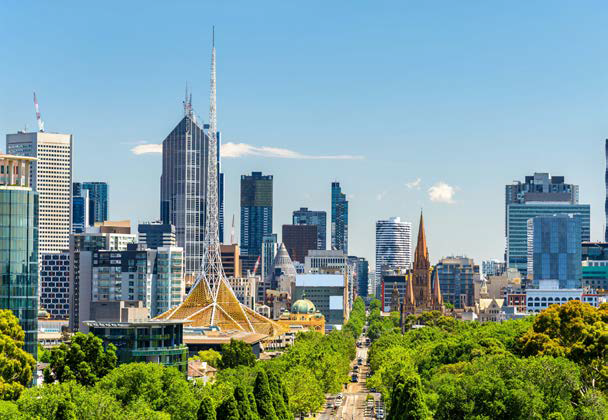
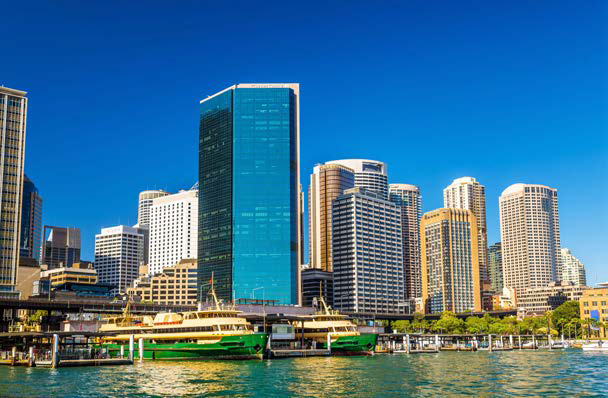
A game changer in Australia, which may see the rise of Islamic investment in real estate has been the launch by one of Australia’s major banks, the National Australia Bank with its Shari’a-compliant senior lending facility last month. Prior to this most Islamic investor in major real estate transactions relied on gearing up their investment with Islamic banks overseas who did not deal with an exotic and volatile currency like AUD and could, therefore, not offer the attractive pricing an Aussie bank can.
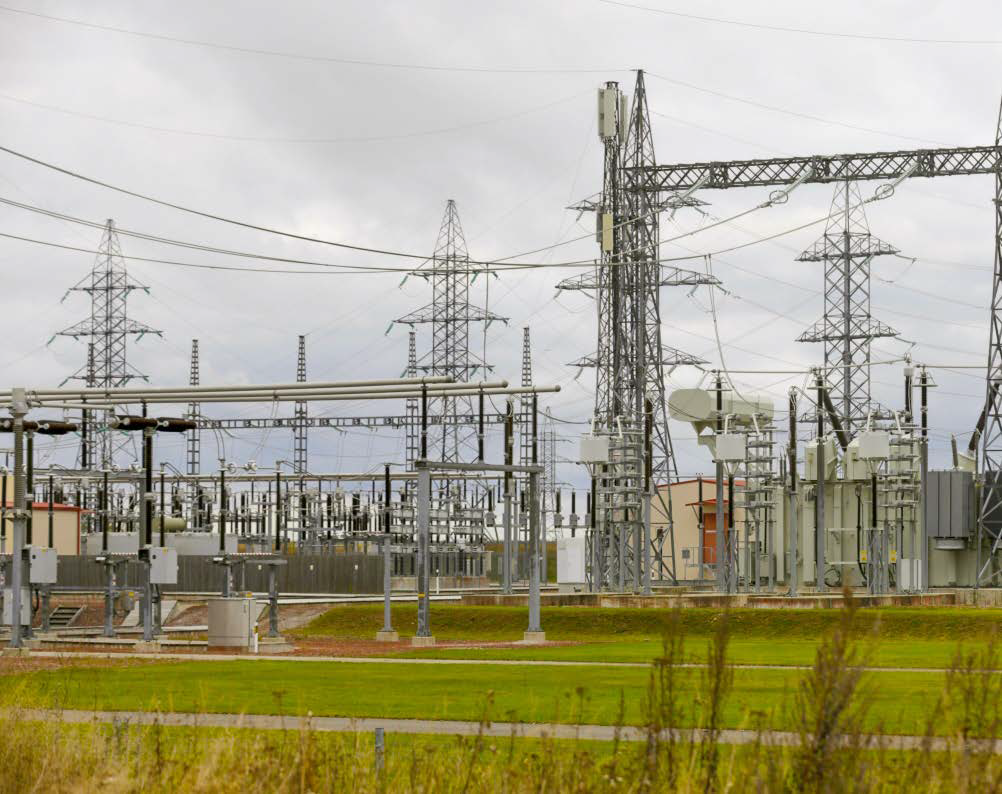
An area which has seen virtually no Islamic investment, but that would benefit from the implementation of the policy proposals noted earlier is infrastructure investment. These long-term contractual relationships by multiple joint venture parties are typically structured through complex stapled arrangements, which offer certain Australian tax benefits. These arrangements have been the subject of integrity reviews by Australian tax authorities and in the absence of legislative certainty, joint-venture participants would be loathed to accommodate innovative structures to accommodate Islamic investors. The demand for these infrastructure investments by investors (albeit, conventional investors) from Islamic nations is significant. By way of example, Wren House’s recent sale of its 19.9% interest in Transgrid, which is the manager and operator of the high voltage electricity transmission network in New South Wales and the Australian Capital Territory is indicative of this. Wren House is of course owned by the Kuwait Investment Authority and one of the incumbent joint venture participants is Tawreed Investments Limited owned by the Abu Dhabi Investment Authority – the joint venture had originally acquired Transgrid for AUD $10 billion. Transgrid is but one example and the scale of latent investment from GCC and the their participation in various consortia which are actively bidding is significant.
The pandemic has seen a significant shift in the way Australian real estate is used – the demand for commercial office space has waned with the work-from-home revolution and foreign purchaser activity in Australian high-density residential accommodations has also dropped with the Australian boarder being sealed until at least 2022.
‘’A game changer in Australia,which may see the rise of Islamic investment in real estate has been the launch by one of Australia’s major banks, the National Australia Bank of its Shari’a compliant senior lending facility last month“.
Islamic investors will look for other asset classes and if policy settings do not encourage their participation in Australian infrastructure, they will look for real estate elsewhere.
Australia has a funding gap for the nation’s future infrastructure needs and Islamic investment could fill that gap provided investors can gain certainty through matters raised in the various policy proposals that preceded the pandemic. The human toll of the pandemic is impossible to quantify. With a tragedy of this scale, we can only attempt to make meaning of it by changing what is around us and one of these is to challenge the status-quo. Islamic finance can offer a net benefit to the Australian financial system. There is an opportunity to make some serious changes to the architecture of the financial system to foster growth in relatively unexplored markets like Islamic finance in Australia. Let us not squander this opportunity in the way we did following the GFC.
